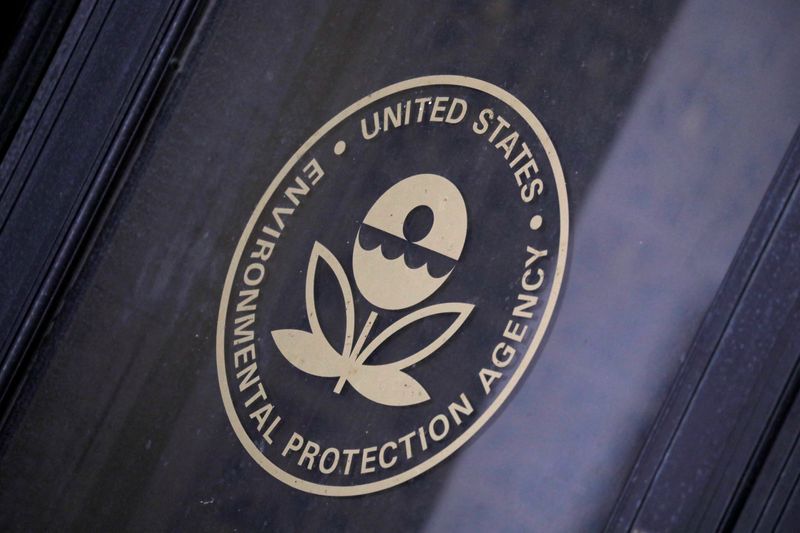WASHINGTON (Reuters) - The U.S. Environmental Protection Agency (EPA) will announce on Wednesday it will again review whether emissions from piston-engine aircraft operating on leaded fuel contribute pose a danger to public health.
Emissions from the 190,000 U.S. general aviation airplanes operating on leaded fuel account for about 70% of the lead entering the atmosphere, according to U.S. government estimates.
"EPA has been investigating the air quality impact of lead emissions from piston-engine aircraft near airports for years, and now we're going to apply that information to determine whether this pollution endangers human health and welfare," said EPA Administrator Michael Regan in a statement to Reuters.
Lead is not in jet fuel, which is used by commercial aircraft.
The EPA said it was responding to several petitions including from the County of Santa Clara, California, and Middleton, Wisconsin. It plans to issue a proposal for public review and comment this year and take final action in 2023.
In 2006, the EPA received a petition asking for regulations of lead emissions from general aviation airplanes. The EPA opened a proceeding in 2010 to review the issue and in 2015 said it had planned to issue a final endangerment finding in 2018.
While levels of airborne lead in the United States have declined 99% since 1980, piston-engine aircraft are the largest remaining source of lead emissions into the air.
Children's exposure to lead can cause irreversible and life-long health effects, the EPA said.

The Federal Aviation Administration (FAA) said it was also working on transitioning the airplanes to lead-free fuel.
"Achieving this requires that we find a solution that protects public health while also maintaining or enhancing safety for the general aviation fleet," the FAA said, noting it was testing and evaluating high-octane unleaded aviation gasolines.